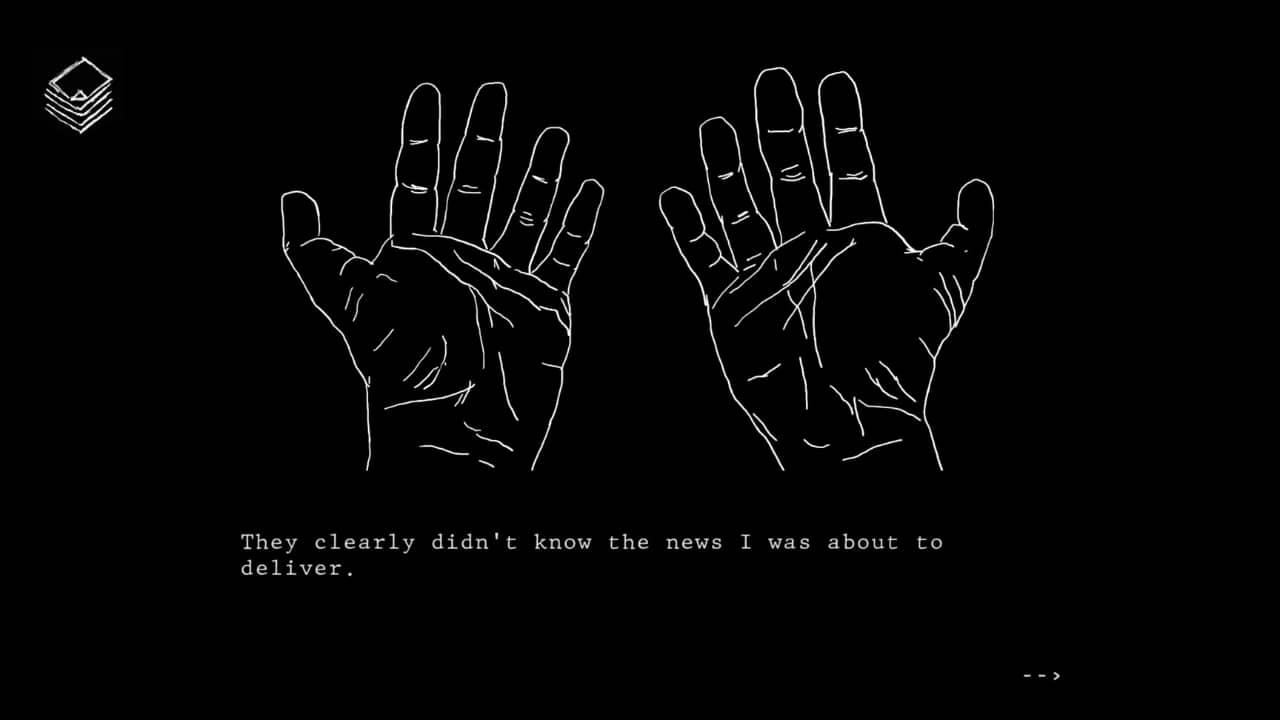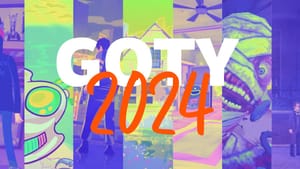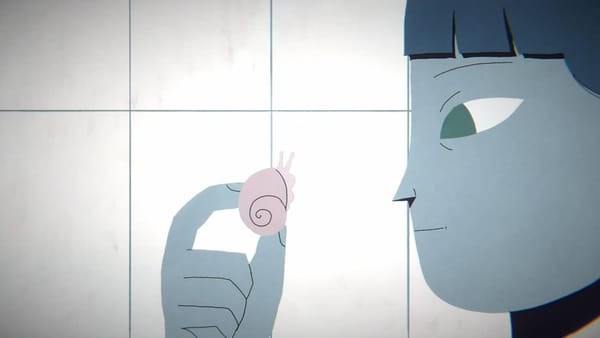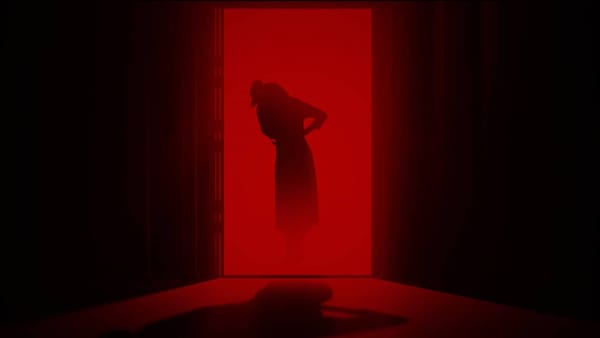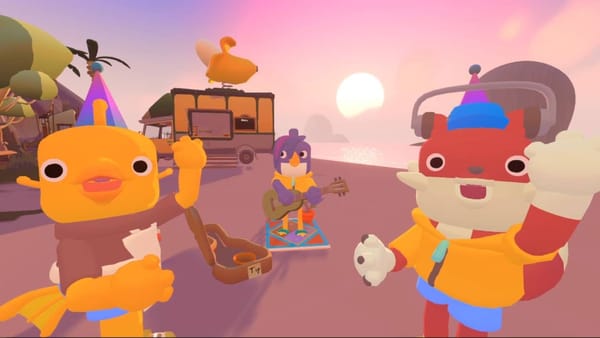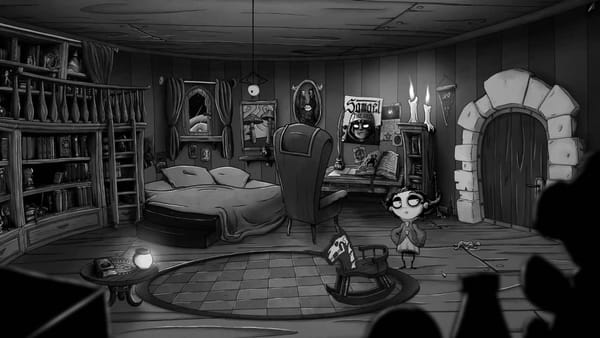It’s difficult for me to recommend The Last Survey, released last week on the Nintendo Switch by RedDeer Games, because it’s pretty unconventional and a bit of a niche market.
The Last Survey may not be conventional, but it’s not abstract either like some experimental film or ‘concept album’, as the tone relates to us all in some way or another; it just depends on how you react to that.
This is an intelligent title with vocabulary you will want to include in your essays, dissertation, or social circles where you want to be seen as articulate if you use it in context. But these aren’t words to show off, but to convey meaning with such profound details while being expertly concise.
You play a scientist who has been hired to provide a report for a Brazilian mining company, focusing on their earth metal reserves. It’s not looking good. Using actual studies from geoscientists and mineral analysts, there’s conclusive evidence that there aren’t enough resources in the world to fulfil the supply and demand.
The Last Survey Review
So we’re violating the world once more, and The Last Survey hits home the impact on the environment, workers, and inevitably, your emotions. It’s not preachy but informative and thought-provoking, though it will only really make an impact on those who are prepared to listen in the first place. Don’t continue to read this if you’re expecting a high-brow discourse on the topics covered; read elsewhere as there are plenty of comments on the internet for that, and I’m not of the temperament of telling you what kind of person you are and how you think.

The Last Survey made me uncomfortable, but for the right reasons. You’re reading the story from the scientist’s perspective, hearing their innermost thoughts and anxieties as they’re approaching their one-to-one meeting with Victor Ferreira, the CEO of said company. He’s the epitome of someone in power with indifference. They’re not a pantomime character of imposing structure or stereotype; instead, a contradiction of a person – average, but striking, composed, but ready to explode.
The entirety of the game occurs in Victor’s office. It’s confirmed that he is the kind of person that will take conference calls and email simultaneously. They’re everywhere, and their time is precious. Therefore, when you’re sitting in their domain with some pretty damning evidence and the time is ticking, the tension is dreadful. There isn’t any voice acting, just a dynamic track that mainly reacts to the narrative. Music is my passion and all, but while there were times where it evoked a mood (stress!), it became quite repetitive and, dare I say, irritating. This might have been due to me taking my time with the game, so I’d linger on each scene.
The presentation is superb. Created using charcoal and graphite, which is such a pig of a medium to use, there are over 1500 hand-drawn animatics in this game. From a personal stance, and I appreciate it’s not for everyone, these sequences were sublime. I’ve created storyboards in the past, and creating 12 pages of A4 sketching is hard work, let alone 1500 animated images. I understand that the developer, Nicholas O’Brien, took two years to produce these. I’m not sure if that’s accurate, but it makes sense. Even without knowing that, you can’t skip through – both the artwork and intelligent choice of words and ignore.
Tense, Nervous Headache?
Animated sequences sometimes loop, but mostly they’ll play once or twice then stop, so I would often watch these before reading the text. But it wasn’t just a case of reading, pressing the button and moving on, but you have choices to make too. The differences in the answers available were incredibly nuanced and meant that I thought it over, perhaps longer than I should have, as I wanted my choices to matter. It just came across those people like Victor can never change because they don’t want to, and this isn’t a moral crusade – it’s business.

It’s suggested that playtime is around 30-45 minutes. I can’t vouch for that as I was pretty absorbed and didn’t make a note of it. For the bulk of the experience, it was tense and compelling. However, this is a one-sitting type game with no saves, chapters, or let up in tempo other than putting the Switch into sleep mode. There was a point about two thirds where it was exhausting as I could relate to the same experiences as our protagonist – the early mention of beta-blockers hit home early. But I’m not going to pretend to understand all the subtleties or choice of words. I had to re-read through as if learning the names of characters in a Discworld novel for the first time.
There are multiple endings, but after playing through the first time, I didn’t have it in me to play through again straight after, nor am planning to anytime soon. That doesn’t mean I won’t, but this isn’t the kind of game to button mash through dialogue and illustrations when someone has painstakingly crafted them for our entertainment and enlightenment, regardless if you completed it or not. For that reason, and based on the content, The Last Survey isn’t a title I can recommend, again, in the conventional sense.
In case it wasn’t made clear, I was very impressed by it – the artwork and execution in storytelling per scene were wonderful, but it’s like me telling someone I don’t know to go check out The Residents, Merzbow, a Dogme film or similar – it’s an acquired taste, and in some respects, quite heavy going, but more importantly, an inspiring work of art.


